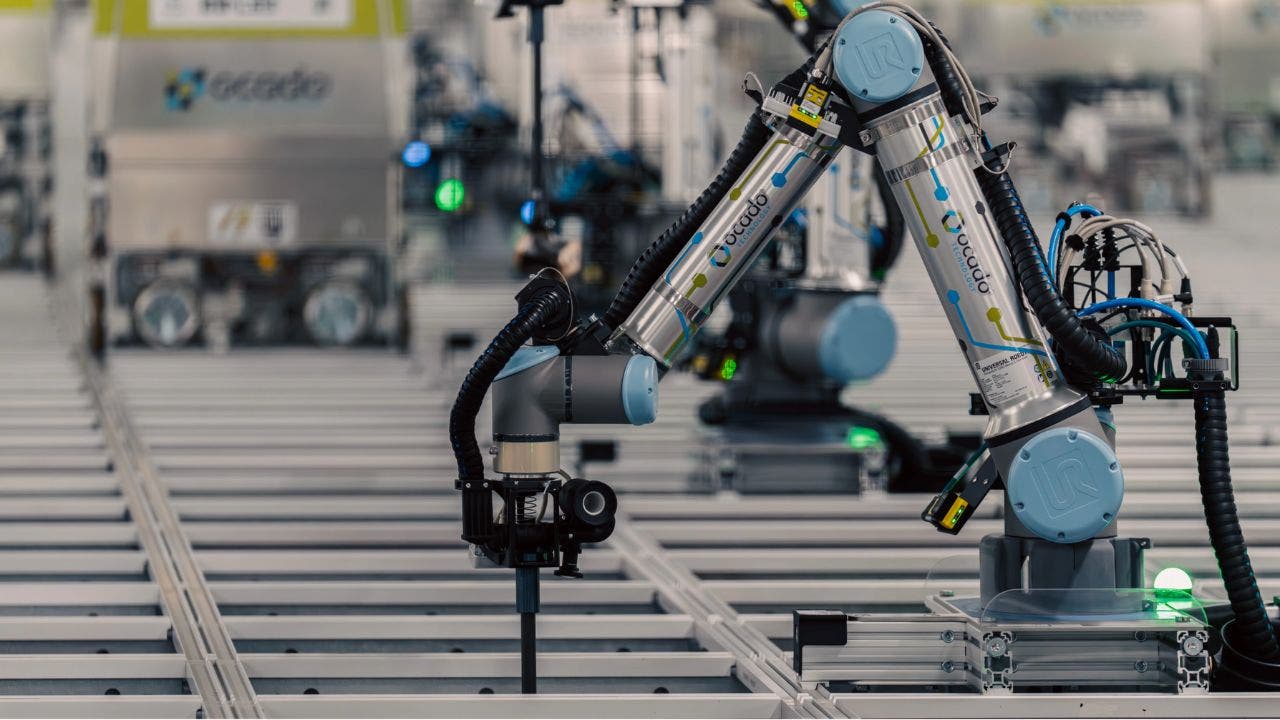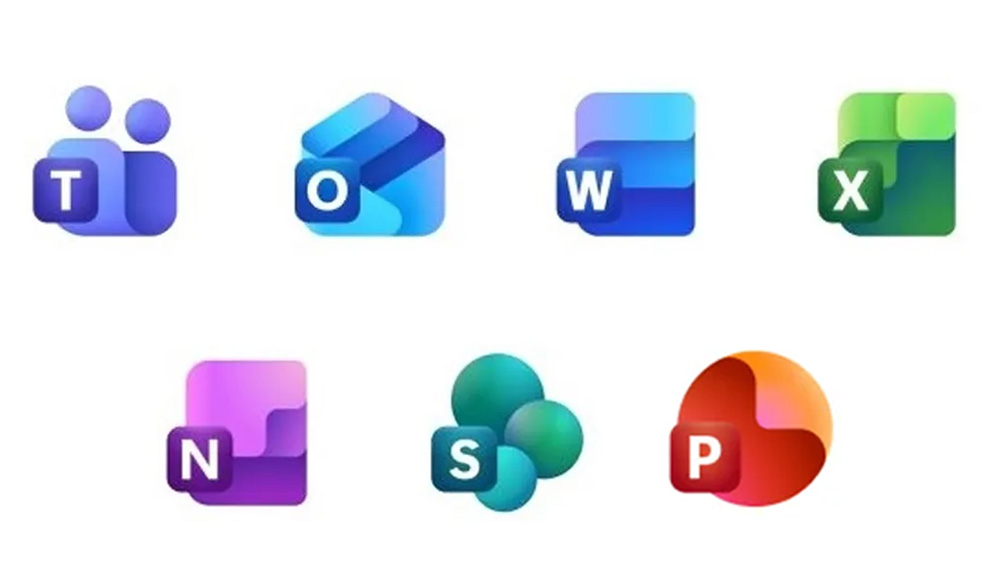Meta's Maverick AI Model Sparks Controversy Over Benchmarking Practices

In a recent revelation that has sent ripples through the tech community, Meta appears to have manipulated an AI benchmark, provoking a mix of laughter and disbelief among analysts and enthusiasts alike. According to Kylie Robison from The Verge, the suspicions arose following the announcement of two new AI models from Meta, which are built upon the Llama 4 large language model. The newly introduced models, named Scout and Maverick, serve distinct purposes: Scout is designed for rapid queries, while Maverick aims to compete directly with prominent AI systems, such as OpenAI's GPT-4o, which has been humorously tagged as a harbinger of a Miyazaki-esque apocalypse.
When Meta unveiled these models, they engaged in the customary practice adopted by tech companies releasing significant AI advancements. The company published a detailed blog post filled with intricate technical specifications designed to showcase the superiority of their AI capabilities compared to those of industry giants like Google, OpenAI, and Anthropic. While these technical details can be invaluable to researchers and AI enthusiasts, they often leave the average reader feeling overwhelmed and confused. In this instance, Meta's communication followed suit, laden with jargon and complex metrics.
However, it was a particular benchmark result that caught the eye of many in the AI community. Meta reported that its Maverick model achieved an impressive ELO score of 1417 on LMArena, an open-source collaborative benchmarking platform where users rank AI outputs. This score positioned Maverick in the second spot on LMArena's leaderboard, just above the renowned GPT-4o and below Gemini 2.5 Pro. The announcement initially sparked surprise and excitement, as the AI ecosystem buzzed with discussions around the model's promising performance.
But as the dust began to settle, AI experts started to dig deeper into the details, uncovering a critical piece of information buried within the fine print. Meta disclosed that the version of Maverick that had triumphed on LMArena was not the standard model accessible to users. Instead, they had fine-tuned this version to be more engaging and conversational, essentially 'charming' the benchmark into giving favorable results.
LMArena quickly responded to the situation, expressing dissatisfaction with Meta's approach. In a statement released on X, LMArena declared, Metas interpretation of our policy did not align with our expectations for model providers. We believe it was essential for Meta to clarify that Llama-4-Maverick-03-26-Experimental was a customized model optimized for human preference. As a consequence of this incident, LMArena announced updates to its leaderboard policies aimed at ensuring clearer guidelines and preventing future misunderstandings.
This incident raises interesting questions about the ethics and practices surrounding AI benchmarking. The fact that tweaking a models conversational style could yield better benchmark results has led to reflections on the lengths companies will go to in order to differentiate their products in an increasingly competitive landscape. Having covered consumer technology for over a decade, I can attest to the prevalence of such tactics across various product categories. From adjusting display brightness to enhance battery life to providing stripped-down versions of laptops to reviewers for better performance ratings, the tech industry is rife with examples of companies striving to present their products in the most favorable light.
As AI models become more integrated into consumer markets, we can expect to see an escalation in this kind of competitive benchmarking. Companies are not only racing to perfect their AI algorithms but are also eager to showcase their models' unique advantages. While a claim like my model is 2.46% faster and uses less energy may seem trivial, it can be a critical factor for users making choices among similar products.
Looking ahead, as AI technology advances and becomes more essential in daily life, we will likely witness a surge in benchmarking claims. Simultaneously, innovations in user interfaces and engaging features, such as the whimsical Explore GPT section in ChatGPT, may emerge to enhance user experience. Companies will need to provide compelling reasons for consumers to choose their models over competitors, and it is clear that relying solely on benchmarks may no longer sufficeespecially when a chatty AI can easily manipulate the scoring system.
















